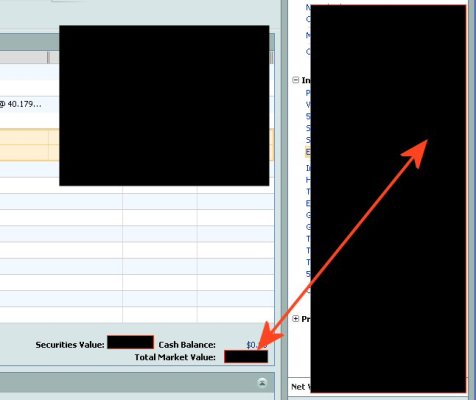TromboneAl
Give me a museum and I'll fill it. (Picasso) Give me a forum ...
- Joined
- Jun 30, 2006
- Messages
- 12,880
After another wasted 45 minutes dealing with the Quicken bugs, I'm once again looking for alternatives.
I realize that one major irritation is that for every bill paid via my VanguardAdvantage (VA) account, I must go through this:
Is this any simpler in MoneyDance?
I realize that one major irritation is that for every bill paid via my VanguardAdvantage (VA) account, I must go through this:
- Manually edit the downloaded Money Market transaction to indicate that the money was transferred to the VA account.
- Accept it.
- Find the matching transaction in the VA account. If two checks cleared on the same day, the amounts are combined.
- Find the matching check entry in VA or add one and edit it. If I use a memorized payee, the amount disappears, and I must re-enter it.
- Accept the transaction.
Is this any simpler in MoneyDance?

